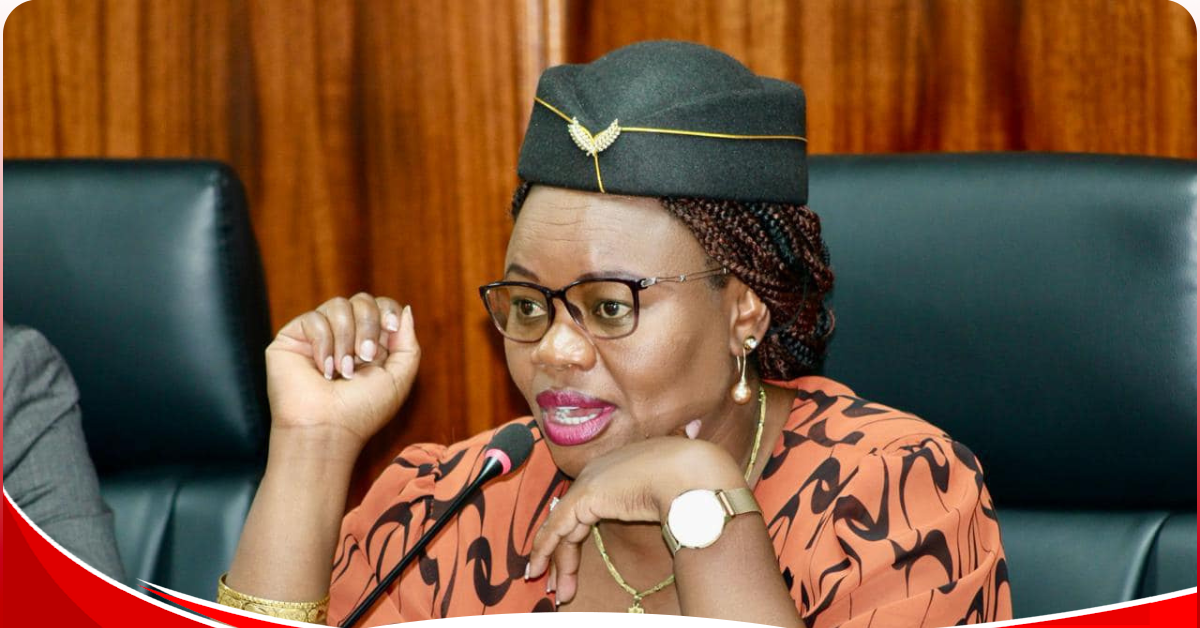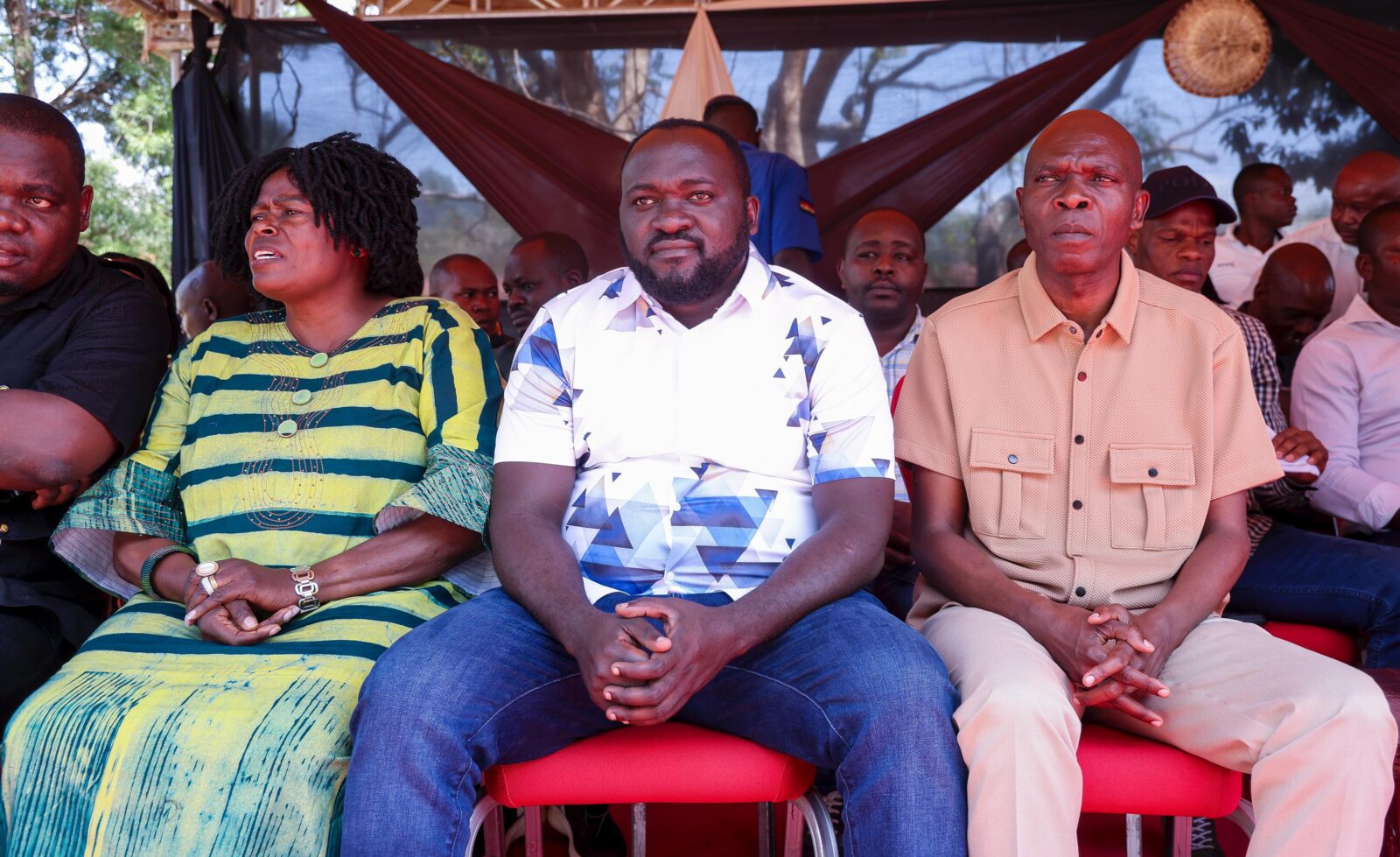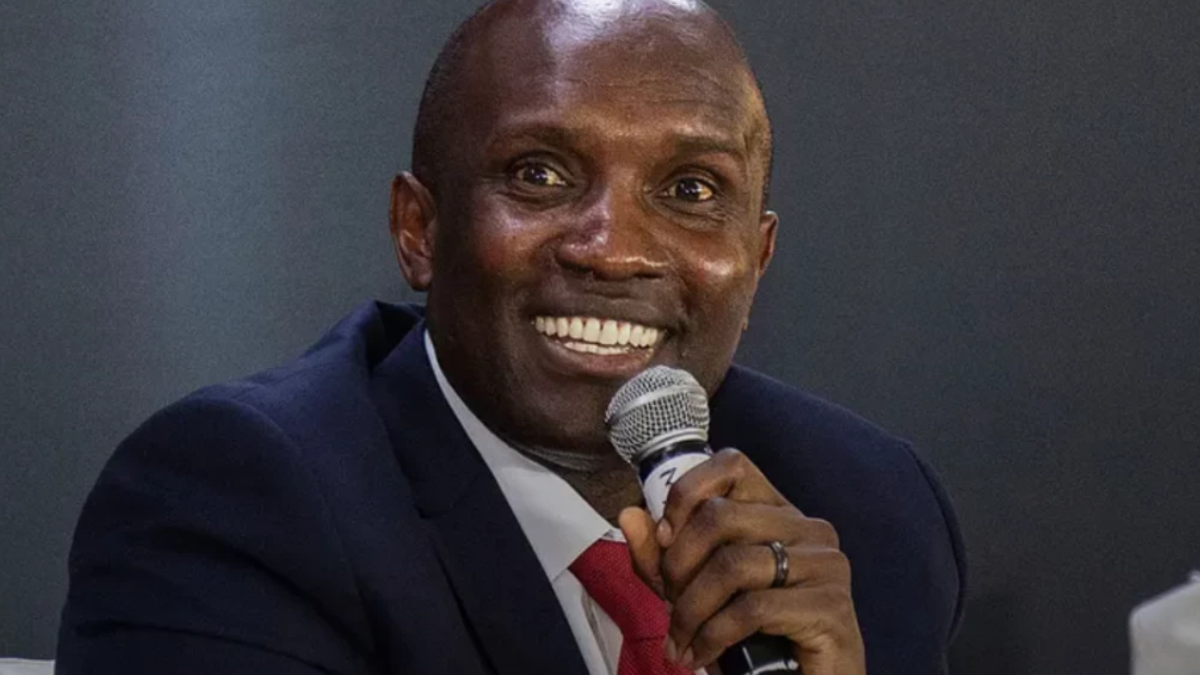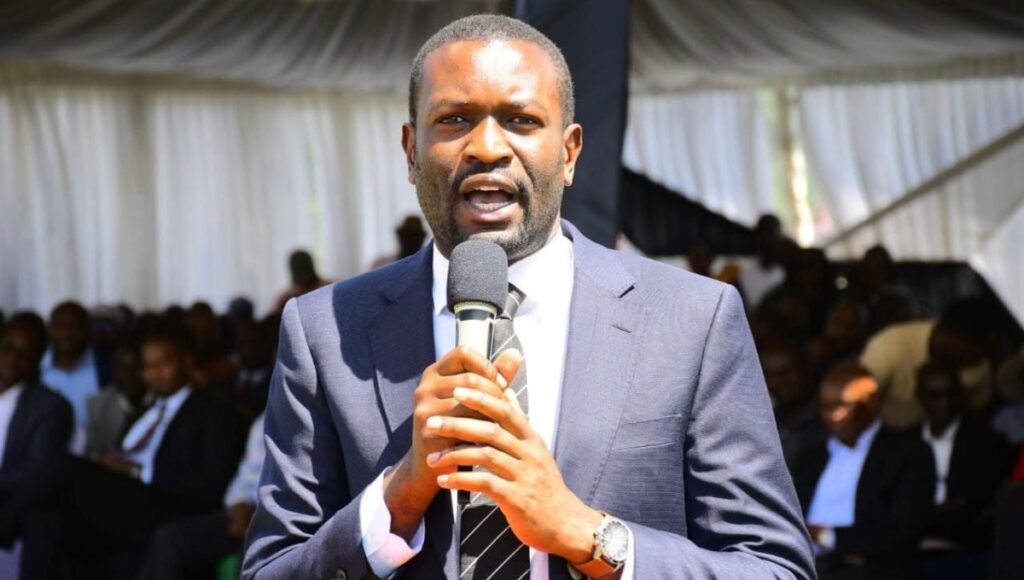Githunguri member of parliament (MP) Gathoni Wamuchomba has issued an apology following her outburst in Parliament during a Speaker’s Kamkunji concerning the new University Funding Model.
What’s a Kamkunji?
A Kamkunji is an informal meeting of MPs led by the Speaker to discuss pressing national issues.
Why Githunguri MP felt frustrated
Speaking during the Tuesday session, Wamuchomba expressed frustration with what she perceived as a waste of time, noting that the MPs had been in the House all day seeking clarity from those responsible for providing information.
Wamuchomba voiced her discontent, questioning how students received updates from the State Department of Higher Education and Research.
She criticized the current higher education funding model, arguing that it was flawed and needed reevaluation. “We are wasting our time, Mr. Speaker. It’s time to admit that this system is a mess.

We must go back to the drawing board. We are jeopardizing the lives and future of our children,” she stated.
She even suggested that those responsible for information dissemination in the State Department should be removed, accusing them of “doing a lot of nothing for our country.”
Later, Wamuchomba took to her X account to apologize for her outburst. She explained her agitation by her concern for incoming university students: “I am sorry for my agitation in Parliament yesterday, but my concern is for the university freshers.
She elaborated that despite spending from 9:30 a.m. to 2:30 p.m. in the Kamkunji, she remained unconvinced that the Student-Centered Funding Model would adequately support needy students.
Additionally she mentioned that; “we must be genuine for Kenya to work.”
The meeting included Higher Education Principal Secretary Beatrice Inyangala, University Fund CEO Geoffrey Monari, and Prof. Daniel Mugendi, Chairman of the Vice Chancellor’s Committee of Public Universities.
During the session, legislators highlighted the issues caused by poor communication between the ministry, universities, and the public, leading to confusion and misinformation.
Wetang’ula pointed out that even with a well-designed model, its success depends heavily on effective communication.
“Even with this very good model, the efficiency has been communication. We are only now hearing that students without financial resources should report, and those with incorrect data should make corrections at the universities,” he said.
Inyangala defended the ministry’s communication efforts but admitted that improvements were necessary.
She assured the House that the ministry was collaborating with vice-chancellors to ensure that students would not be denied entry to universities.












